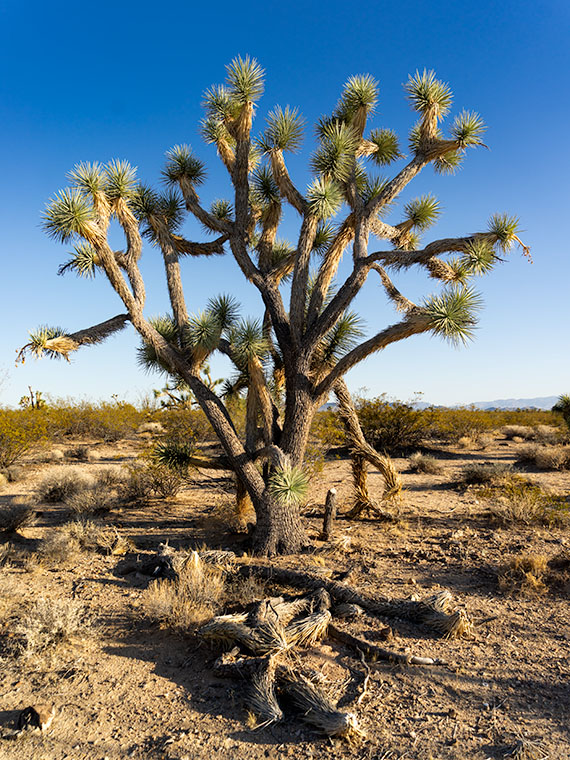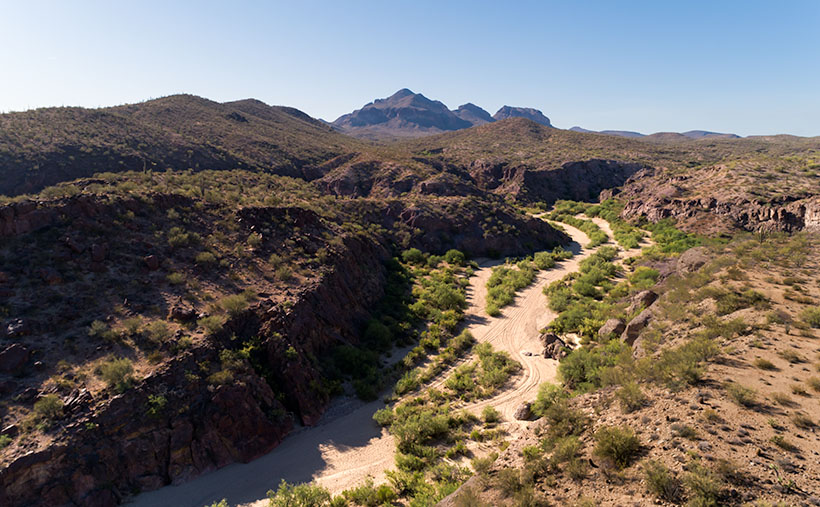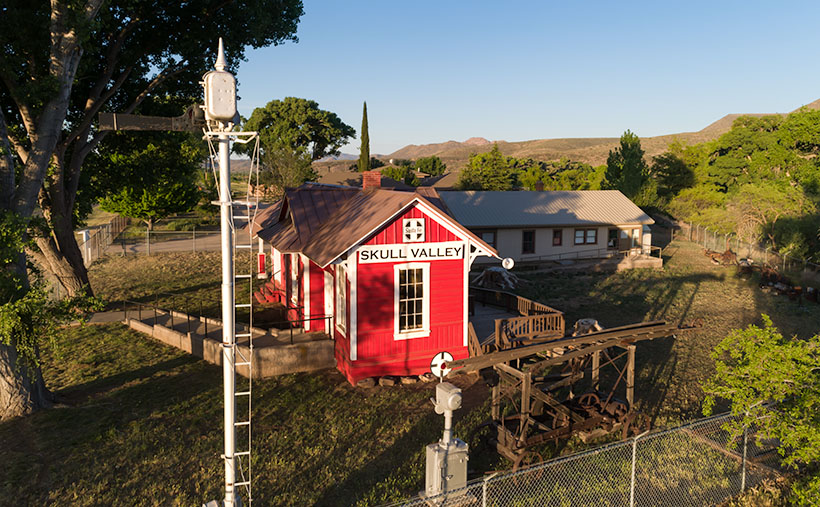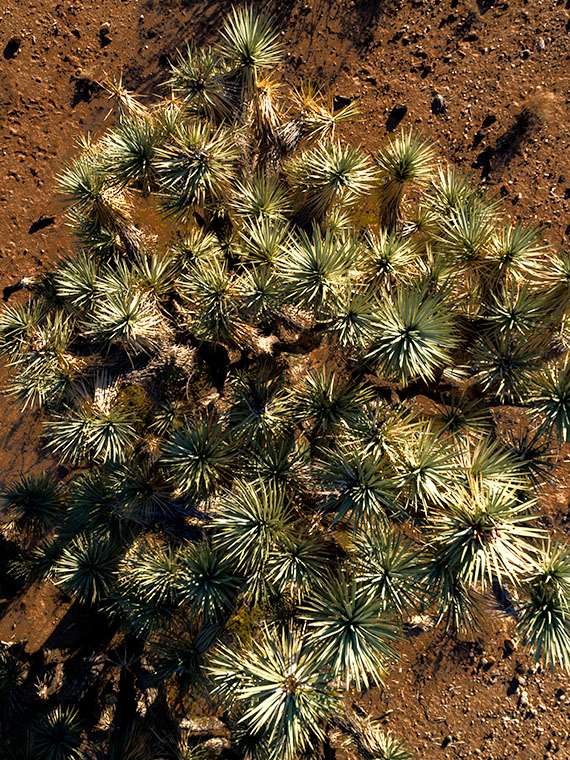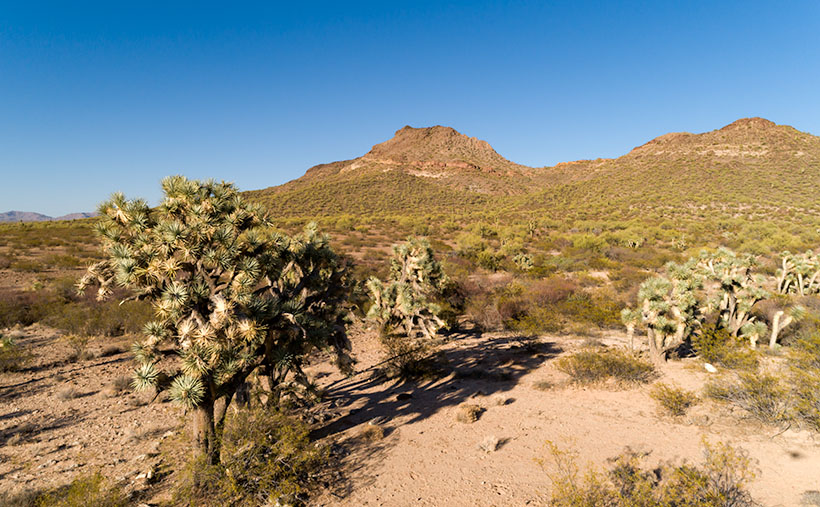
Sister Mary Ellie-Font taught us about purgatory in the third grade—and she wasn’t talking about the Colorado ski resort. Heaven and Hell weren’t enough to cover the petty sins not covered by commandments. So, Catholics came up with alternative punishment to keep us in line. One way or another, we were going to pay for the Big Mac we ate on Friday. Purgatory is a holding cell where we would stay until God had enough free time to sort us out—or someone specifically prayed for our soul. At the age of eight, we learned that you could skate from anything if you had connections.
For the last couple of months, it feels like we’ve been living in that purgatory-like state of limbo. We’re waiting for something to happen. When we got our vaccine shots this spring, we all climbed aboard a trolley to the beach. Now it seems like the streetcar is lurching to a halt, and our confidence in the future is waning.
Back in the spring, Queen Anne and I were eager to get back on the road. We were ready to bring back pictures from foreign lands, exotic cities, and far-off islands. We’re not sure the world is ready for that. With the spread of virus variants and rising infection rates, we’ve decided to play it safe a while longer. After all, we’re still in the same high-risk group as when this pandemic began. Besides, that’s what our doctors suggested.
For August, we’re going to hang around our neighborhood, but I wanted to bring you something different. Last week, I wrote about the monsoons and how they brought much-needed rain and spectacular evening light shows. So, this month I’m featuring monsoon clouds—the prettier side of our summer rainy season instead of the floods and muck on the evening news.
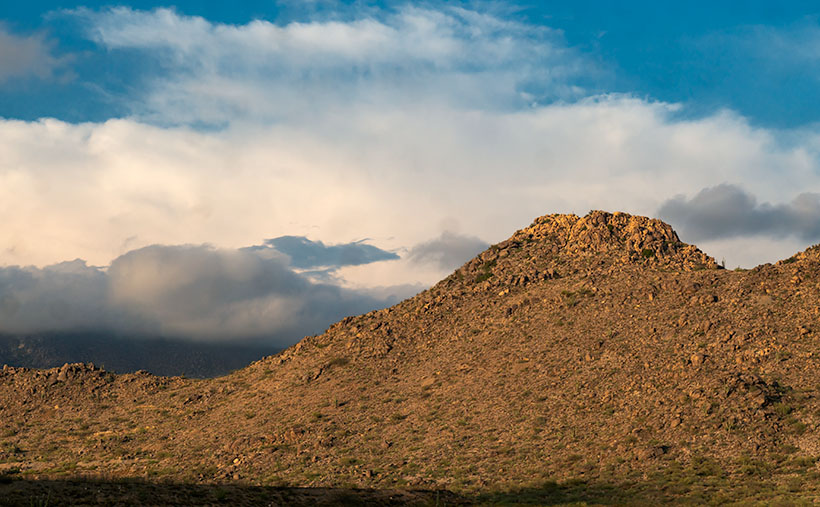
I took this week’s picture in our town’s natural amphitheater—where the old mine and pioneer cemetery is. It shows one of the Date Creek Range’s low peaks and thunder clouds building over the distant Weaver Mountains. The storms only happen when enough moisture moves up from Mexico. Then, the billowing thunderheads form high over the Bradshaw Mountains and flow into the desert. The rain cells are not particularly big, so we never know where it will rain—some nights, we get dust and wind, and other evenings we get drenched. However, the winds cool off the air enough to watch the show from the front porch, making the summers bearable.
You can see a larger version of Summit Monsoon on its Web Page by clicking here. Be sure to come back next week to see the next image that I bagged on my cloud hunt.
Until next time — jw

